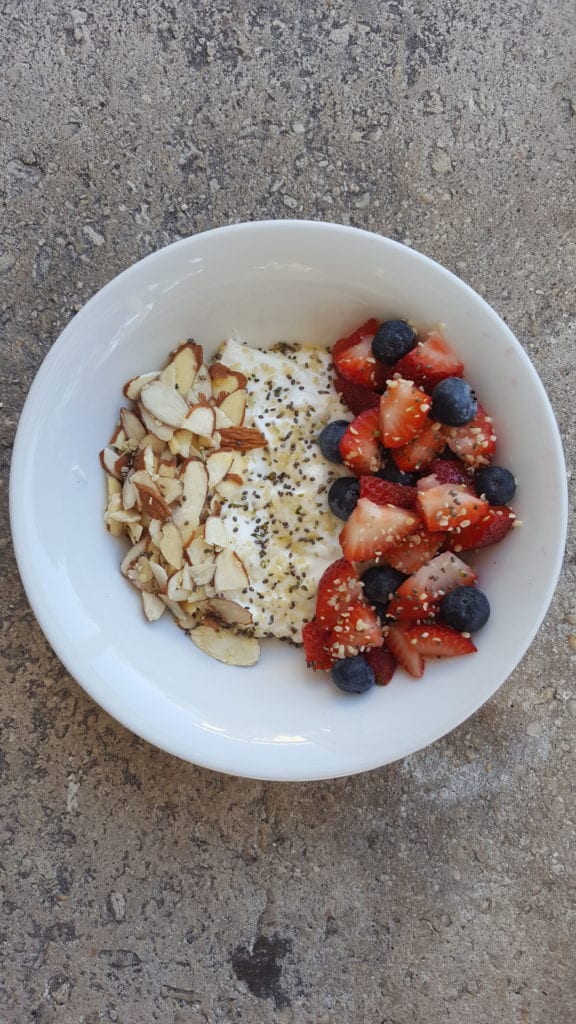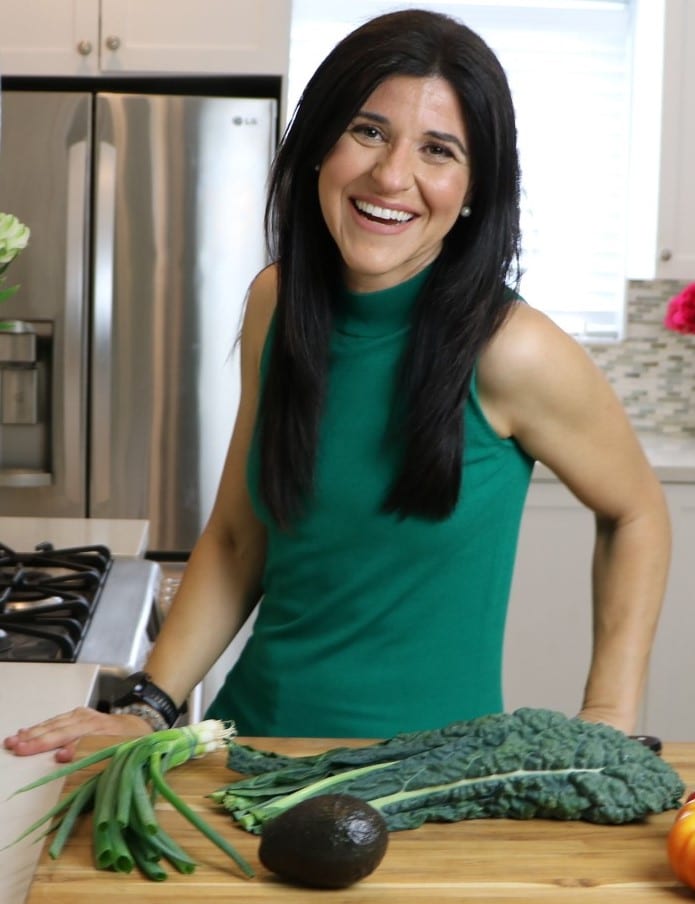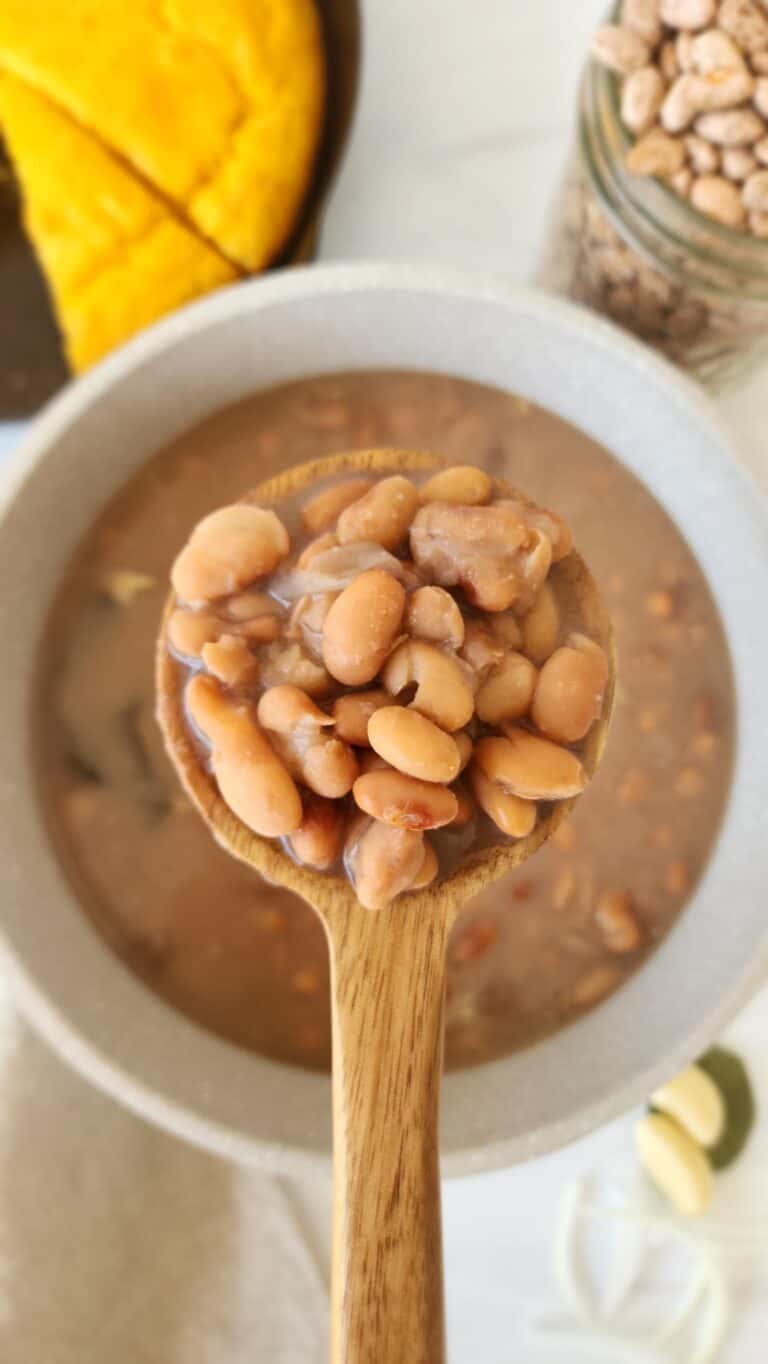A Calorie Is A Calorie—or Is It?
I am reading Robert Lustig’s book, “FAT Chance Beating the Odds Against Sugar, Processed Food, Obesity, and Disease”. In his book he addresses this question and others to begin to understand the obesity problem. So what’s the answer you ask? Depending on who you ask will depend on the answer you get. As a dietitian I’m not here to give you the easy answer (or the answer you want to hear). I’m here to help others to be healthy. So read on to find out why it’s so confusing and I’ll try to help explain it.
There are three problems with “a calorie is a calorie.”
First let’s be honest. There is absolutely NO way anyone could actually burn off the calories if you’re eating like the average American is eating. A chocolate chip cookie has the equivalent calories of twenty minutes of jogging, and if you were to eat a Big Mac that would require four hours of biking. Do people really do that? I’ve never been of the mindset to eat something and go work it off through exercise (and again with the way we’re eating it’s next to impossible unless you’re Michael Phelps). I’ve counseled a lot of clients and I try to explain this concept of calories in = calories out (energy expenditure). Because the concept is true: if you take in more calories than you’ll use for that day you will gain weight (and vice versa, if you take in less calories than you need for the day it’s possible you’ll lose weight). But what I also try to explain is that our energy expenditure is dependent on the quality and the quantity of the calories that you ingest. You can eat a medium-sized apple for ~95 calories or you can have 2 Hershey nuggets for ~90 calories. The calories are almost equivalent; however, the apple provides far more nutrients than the chocolate. (I’m not saying that you can’t ever have chocolate but understand that on a day to day basis we should be getting more quality calories than quantity.) Therefore “a calorie is NOT a calorie.”
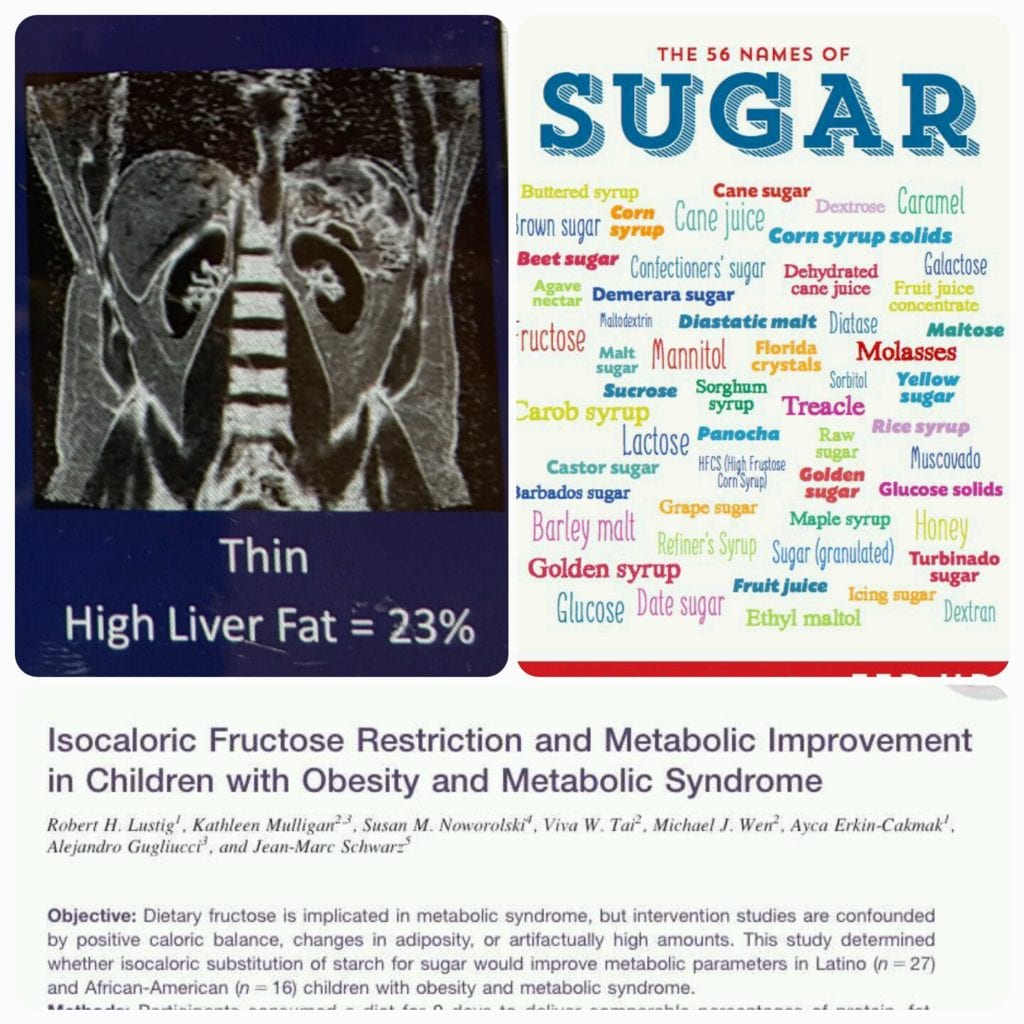
Second, if a calorie is a calorie, then all carbohydrates should be the same, since they release 4.1 calories per gram of energy when burned. But they’re not. There are complex carbohydrates and there are simple carbohydrates – completely different in how they break down in your body and what they provide to you (vitamins, minerals, and fiber). A doughnut for breakfast is not the same as a couple of slices of whole wheat toast. The same goes for fat. If they were all the same they’d release 9.0 calories per gram of energy when burned. They are NOT all the same. There are good fats (ones that have positive benefits-anti-inflammatory, help clear out the plaque) and there are bad fats (those that can cause heart disease and a fatty liver). The same concept goes for protein – there is high-quality protein and there is low-quality protein. They are NOT all the same. Therefore, “a calorie is NOT a calorie.”
The third problem with “a calorie is a calorie” comes from this concept that we are eating more than we did in years past (the U.S. secretary of health and human services stated this and when you ask what our problem is as a nation people believe this to be true). Are we eating more of everything or are we eating more of certain things? The U.S. Department of Agriculture actually keeps track of the nutrient disappearance. Our total consumption of protein and fat have remained constant (as our obesity pandemic has accelerated). So if our total calories have increased but our total consumption of fat AND protein was unchanged, that means something else had to go up. That leads us to look at the carbohydrates. Our carbohydrates increased from 40 percent to 55 percent. When you look a little bit closer, yes the complex carbohydrate intake increased a little, but the bigger increase was in the simple carbohydrates, specifically fructose. If we are to have an answer to this global problem of obesity then we need to understand the causes and effects of this change in our diet – we’re eating more sugar.
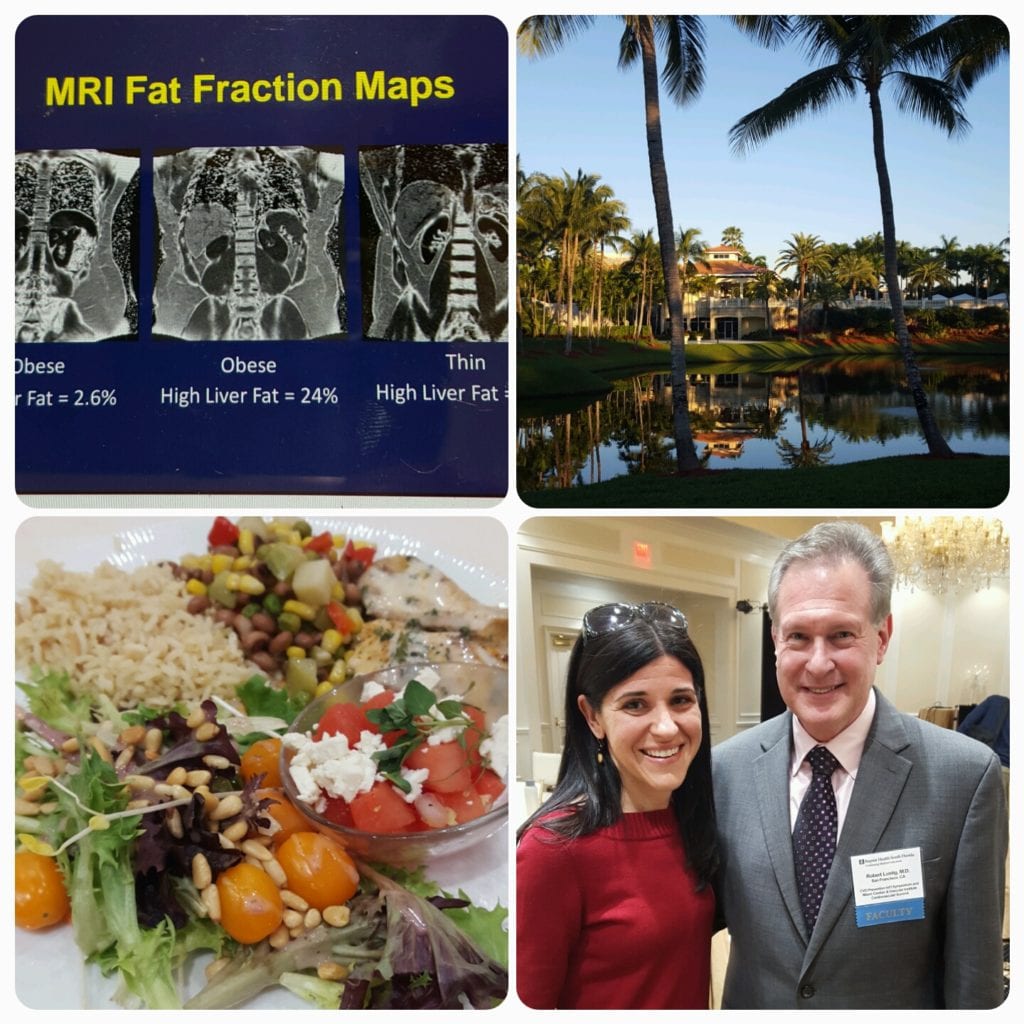
All these contradictions lead us to now understand that a calorie is NOT a calorie. Maybe a better way to say this is a calorie burned is a calorie burned. I’m always trying to help my clients understand the keys to weight loss. I reflect after a nutrition counseling session if I did my best to relay this message. I know there are some that leave from my office thinking they can eat anything they want (wrong)and just go do some exercise to balance it out (wrong). And then there are others that really understand that they need to make changes in what they’re eating. People need to understand that the quality (along with quantity) of the food matters. This will be key in understanding a part of this obesity problem we have on our hands.

